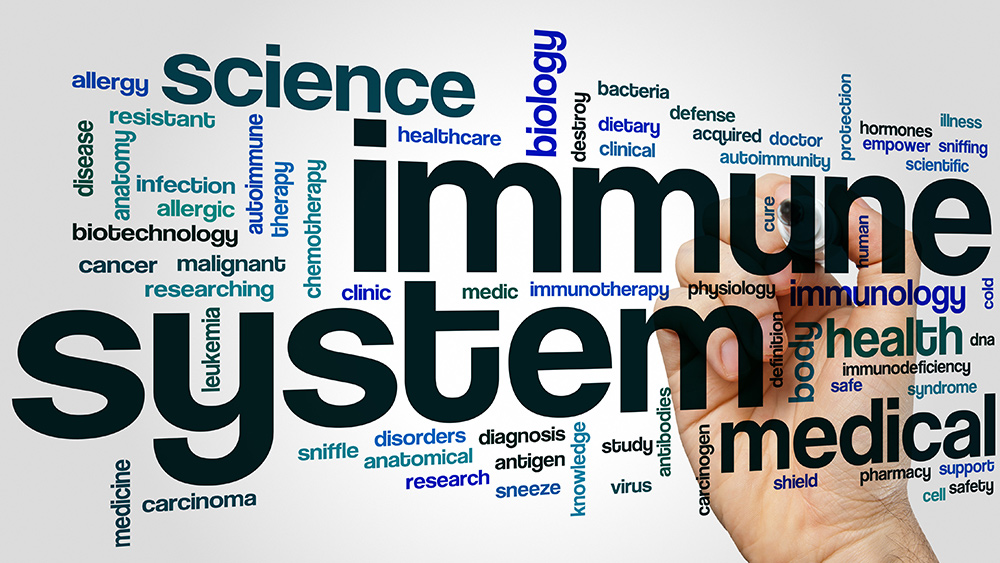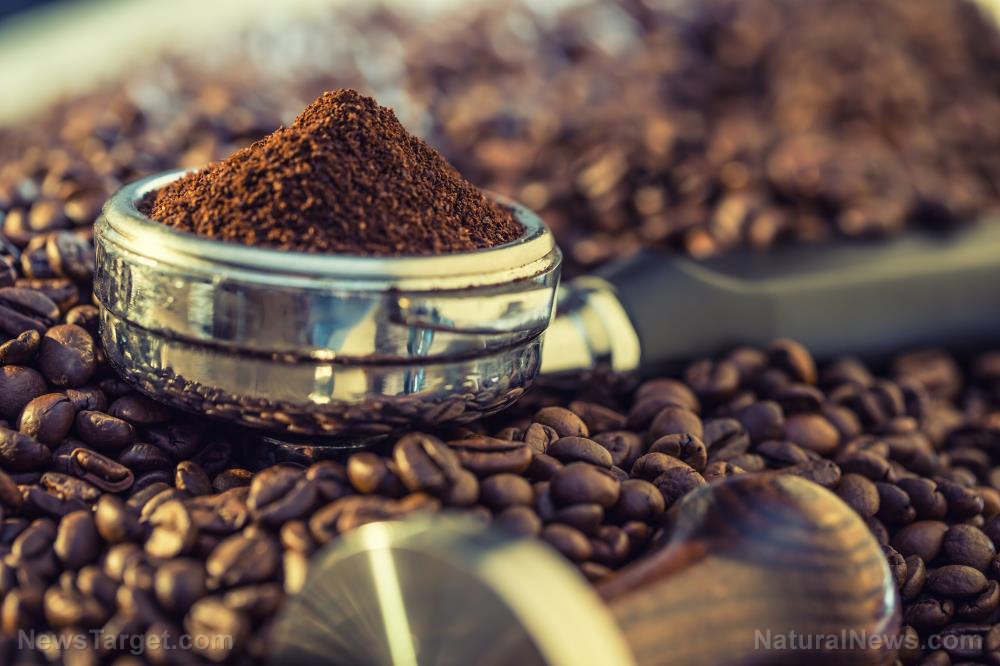
The study, which was conducted by a team of researchers from Virginia Commonwealth University School of Medicine, looked at the link between vitamin D levels and cardiorespiratory fitness in a representative sample of the U.S. population using data from the National Health and Nutrition Survey from 2001 to 2004.
For the study, the research team included 1,995 participants aged between 20 and 49 years and excluded those with vitamin D levels at the five percent extremes of the distribution. They assessed the relationship between maximal oxygen consumption (VO2 max) and vitamin D levels using survey-weighted linear regression without and with adjustment for age, sex, race, body mass index, hypertension, diabetes, smoking, C-reactive protein, hemoglobin, and glomerular filtration rate.
The results showed that participants in the highest quartile of vitamin D levels exhibited a significantly higher cardiorespiratory fitness than participants in the lowest quartile. Even after the team considered other factors that may influence the cardiorespiratory fitness, the difference between the highest and lowest vitamin D quartiles remained significant. In unadjusted and adjusted linear regression, every 10 nanomoles per liter (nmol/l) increase in vitamin D level was linked to a significant increase in VO2 max.
With these findings, the researchers concluded that vitamin D levels in the blood are associated with cardiorespiratory fitness.
Vitamin D could influence the risk of injuries in athletes
Another study also found a link between vitamin D status and sports-related injuries. The study showed that a deficiency of vitamin D among athletes, especially to those who play football, can make them more prone to injuries. Football is one of the sports known with the highest injury rates.
The study's participants were recruited from the 2015 National Football League (NFL) Scouting Combine, a week-long showcase in which college football players participate in physical and mental tests before NFL coaches, general, managers, and scouts. The researchers tested the vitamin D levels of 214 athletes, with 32 nanograms per milliliter (ng/mL) or 80 nanomoles per liter (nmol/L) considered normal. The researchers defined vitamin D levels between 20 to 31 ng/ml or 50 to 77.5 nmol/L as insufficient, and 20 ng/mL or 50 nmol/L as deficient.
The researchers also took note of the participants' ages, races, body mass indices (BMI), sports positions, and injury history. They also assessed the participants' physical imbalances using a Functional Movement Screen (FMS), wherein a higher FMS score meant a higher risk of injury.
Results showed that more than 59 percent of the athletes had insufficient vitamin D levels, with 10 percent being deficient. Moreover, 50 percent of the participants had experienced a core muscle injury or lower extremity muscle strain in the past, which has been linked to low vitamin D levels. Insufficient vitamin D levels were associated with a 1.86 percent increase in core and lower limb injuries and a 3.61 percent higher risk of hamstring injury.
Ways to get more vitamin D
You can increase your vitamin D levels by following these tips:
- Spend more time outdoors: When the skin gets exposed to sunlight, the body makes its own supply of vitamin D. It is best to spend 10 to 15 minutes of time in the sun every day. Spending too much time in the sun may increase your risk of skin cancer.
- Eat more foods rich in vitamin D: Fatty fish like salmon, tuna, cod, and sardines are the best sources of vitamin D. you can also get small amounts of vitamin D from eggs and certain types of mushrooms.
Read more news stories and studies on the importance of vitamin D to the body by going to VitaminD.news.
Sources include:
Please contact us for more information.























